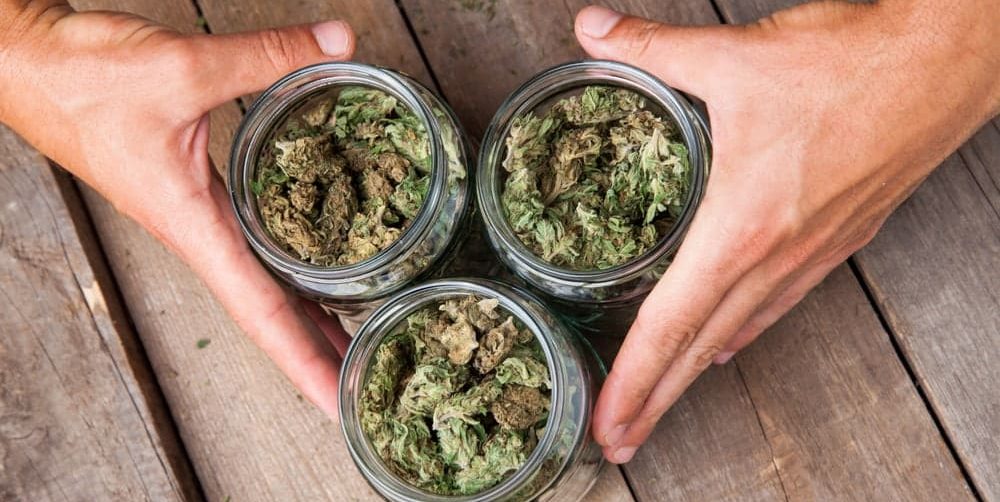Residents of 19 Michigan cities are gearing up to take part in the state’s cannabis social justice program. The business licensing discount system is designed to prioritize entrepreneurs in the new industry who are longtime residents of economically underprivileged areas, who have been adversely affected by the war on drugs, and who have a demonstrated interest in facilitating access to cannabis.
Residents of selected local jurisdictions have been invited to attend one of a series of public meetings orchestrated by the state’s Marijuana Regulatory System. The events are being held in the eligible cities themselves, which include Albion, Benton Harbor, Detroit, East Lansing, Ecorse, Flint, Highland Park, Hamtramck, Inkster, Kalamazoo, Mount Morris, Mount Pleasant, Muskegon, Muskegon Heights, Niles, Pontiac, River Rouge, Saginaw, and Ypsilanti.
Applicants will be able to submit their paperwork for the program starting November 1, the date when the state will open up to recreational cannabis business applications of all stripes.
The social equity program stems from Section 8 of 2018’s Regulation and Taxation of Marijuana Act, which laid the groundwork for a recreational marijuana industry in the state and was approved by 56 percent of voters. That measure calls for “a plan to promote and encourage participation in the marijuana industry by people from communities that have been disproportionately impacted by marijuana prohibition and enforcement and to positively impact those communities.”
The system will be based on three tiers of eligibility. People who have been residents of the selected cities for five years or more can receive a 25 percent discount. If they also have a marijuana conviction on their record, they’ll get a 50 percent discount, and if in addition to those two factors they have been a registered medical marijuana caregiver in the state between 2008 and 2017, they’ll get a 60 percent discount.
In addition to the fee discounts, the state will also be offering the social equity program participants educational resources about the cannabis industry, and expedited access to government agencies that control business registration, environmental law compliance, and other kinds of red tape.
The program is designed so that small recreational businesses will have a better shot at longevity. Its stated goal is to make sure that after five years, 60 percent of participating firms will still be operational.
Michigan’s recreational marijuana business social equity program is not the only tool the state is using to prioritize small businesses. Earlier this month, officials announced that medical marijuana business licenses will be given out via a three-tier system. Smaller businesses will be subject to lower fees, a key step towards making sure that the state’s industry stays friendly to independent cannabis firms.
Not all the towns selected are large in size. Albion, for example, is home to less than 10,000 people. But the Michigan Cannabis Industry Association’s Josh Hovey told a local news site that doesn’t mean that the program won’t have a big impact on the town’s residents.
“Clearly, the city of Albion has been disproportionally affected by marijuana charges,” he said. “So despite the size, the hope is for the people of Albion to take advantage of this.”

